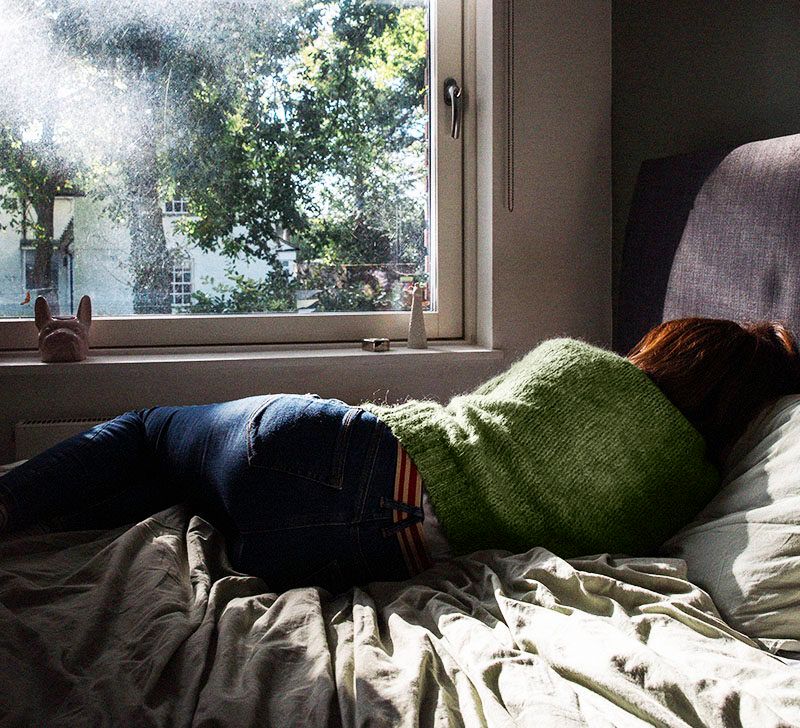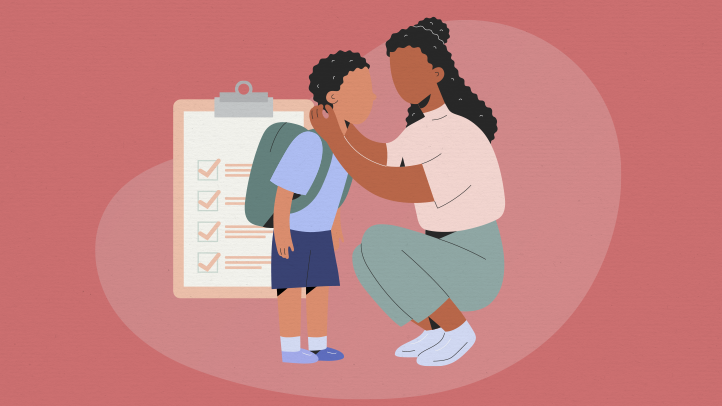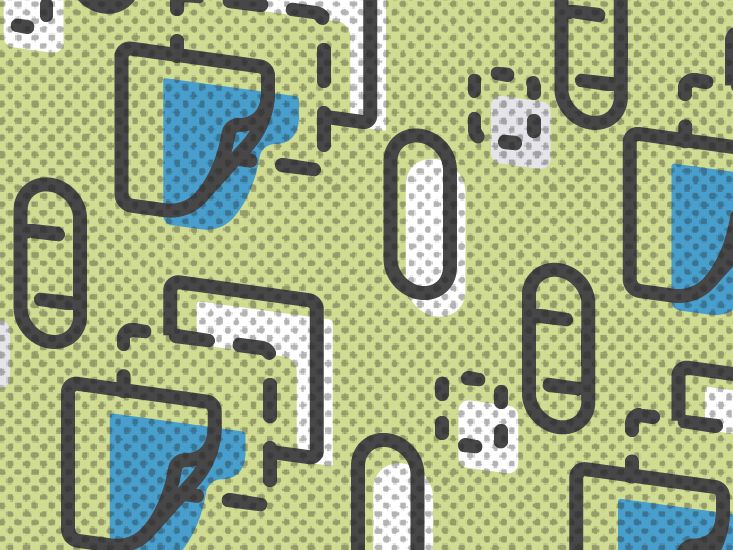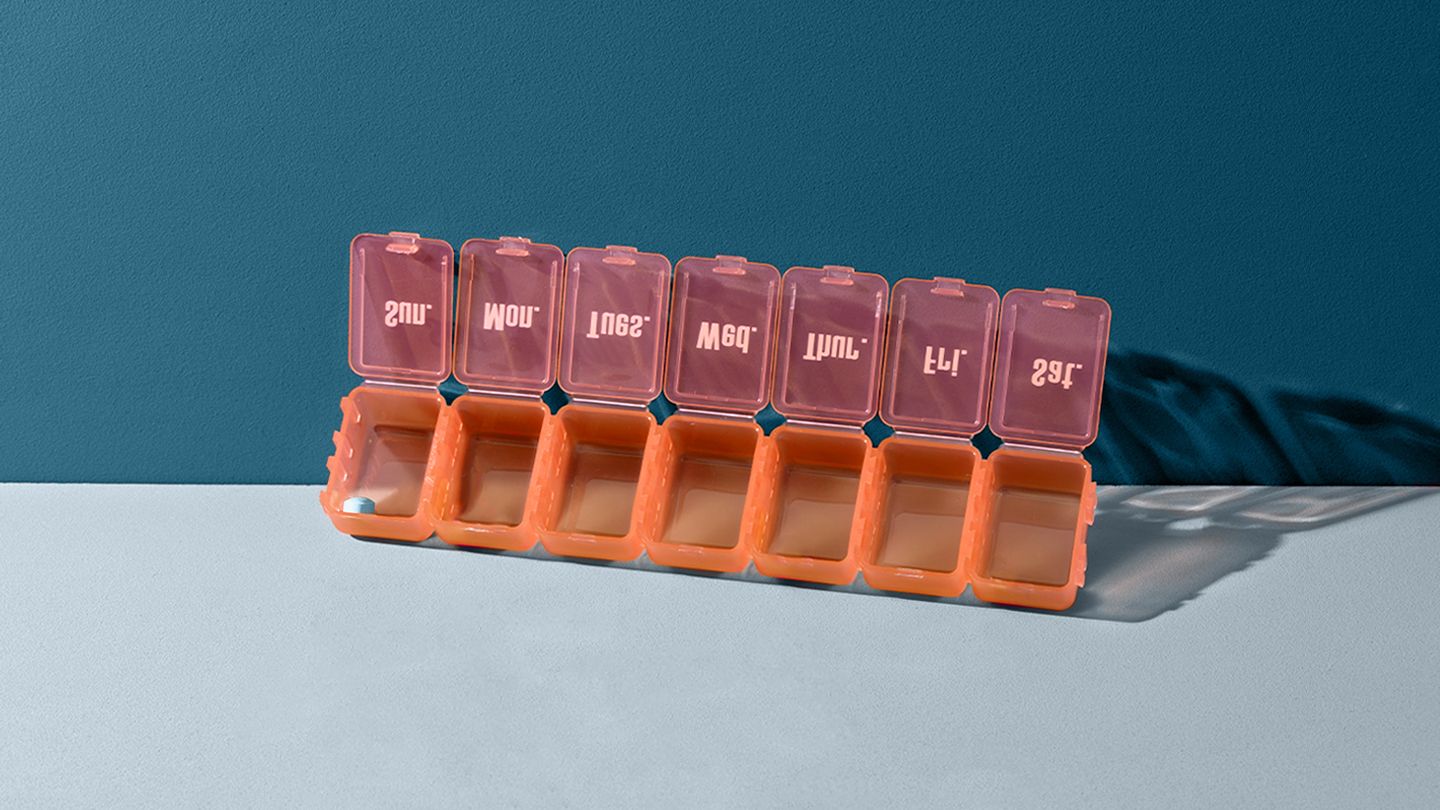Have you ever found yourself completely overwhelmed by something that most people would brush off as "no big deal"? Maybe it was being unfairly reprimanded for something minor, or watching someone else get blamed for a mistake they didn't make. If you're nodding your head right now, you might be experiencing something many of us with ADHD recognize all too well that intense, almost visceral reaction to injustice.
Let me ask you something: have you ever felt like you're constantly on high alert for unfair treatment? Like you're always scanning your environment for signs that something isn't quite right? That's not just paranoia it's a very real phenomenon that researchers call ADHD justice sensitivity, and it affects many of us more than we might realize.
Understanding This Unique Trait
So what exactly is ADHD justice sensitivity? Think of it as having a finely tuned moral compass that's set to high alert. For many of us with ADHD, we don't just notice when something seems unfair we feel it in our bones. It's like having an internal alarm system that goes off whenever there's even a whiff of injustice, whether it's happening to us or to someone else.
This isn't just about being principled (though we certainly can be that too). It's about the way our brains process social information and emotional experiences. There are actually two main types of justice sensitivity that researchers look at:
Victim justice sensitivity is when we're hyper-aware of being treated unfairly or harmed by others. This is the one that hits most people with ADHD the hardest. Then there's perpetrator justice sensitivity, which is feeling responsible for causing harm or injustice to others. Interestingly, many of us with ADHD actually score lower on this one we're more focused on when we're the ones being wronged rather than when we might be doing the wronging.
But here's where it gets really interesting: this isn't just about having strong opinions about fairness. It's about how deeply these experiences affect us emotionally. Where someone else might shrug off a minor injustice, we might spend hours replaying it in our minds, analyzing every detail, and feeling that emotional sting all over again.
Why This Feels So Intense
Let's get real for a moment why does this hit us so much harder? Well, it turns out there are some fascinating neurological reasons behind it. Our ADHD brains tend to process emotions more quickly and intensely than neurotypical brains. We don't have those same mental filters that help other people "tone down" their emotional responses to everyday frustrations.
Imagine if every small injustice was like dropping a pebble into still water the ripples just keep expanding. That's what it can feel like for many of us. A seemingly minor comment from a coworker might trigger hours of rumination about whether we're liked, whether we're good at our job, whether people are out to get us.
There's also something called rejection sensitive dysphoria (RSD) that often accompanies ADHD. This means that any perceived rejection, criticism, or failure can trigger incredibly intense emotional responses. When you combine RSD with justice sensitivity, even the smallest perceived slight can feel catastrophic.
Think about it this way have you ever been criticized unfairly and felt like you were crumbling inside? Like that one comment managed to tap into every insecurity you've ever had? That's RSD and justice sensitivity working together to create an emotional perfect storm.
The Social Reality We Navigate
But it's not just about our internal wiring the social world we live in plays a huge role too. Let's be honest: many of us with ADHD have spent years dealing with misunderstanding, misperceptions, and sometimes outright stigma. Teachers who thought we were lazy, employers who didn't understand our neurodivergent needs, friends who couldn't grasp why we struggled with things that seemed simple to them.
When you've spent your life feeling like you're constantly having to prove yourself, like you're always one misstep away from being written off, it makes perfect sense that you'd develop an almost superhuman ability to detect unfairness. It's like our brains became experts at spotting potential threats in social situations.
And here's something that might surprise you: our ADHD brains notice everything. While neurotypical brains might filter out subtle social cues or minor inconsistencies, ours are like highly sensitive detectors picking up on every nuance. Sometimes this is a gift we often notice when something seems "off" in a situation long before others do. But sometimes it's overwhelming all that information, all those potential injustices, can create a kind of sensory overload.
| Study | Findings |
|---|---|
| Bond et al., 2014 - PubMed | ADHD youth had significantly higher victim justice sensitivity |
| Schfer et al., 2012 - SAGE | Adults with ADHD showed heightened perceived victimization |
The Double-Edged Sword
Here's the thing about ADHD justice sensitivity it's not all heavy stuff. There's actually a really beautiful and powerful side to this trait that I want you to recognize.
Think about some of the most passionate advocates, the people who fight tirelessly for marginalized communities, who speak up when they see something wrong, who can't just "let it go" when injustice happens. Many of them are probably neurodivergent individuals channeling their justice sensitivity in incredibly positive ways.
Your ability to feel injustice deeply? That's not a weakness it's the source of your moral courage. When you see something wrong, you don't just notice it you care about it. And that caring can drive incredible positive change in the world.
But, and this is a big but, there's also the flip side that we need to talk about. When every perceived injustice feels like a personal attack, when you're constantly on guard for unfair treatment, it can be absolutely exhausting. I've talked to so many people who describe feeling burned out from caring so much about fairness that they end up overwhelmed by it.
Imagine carrying the weight of every injustice you've ever witnessed or experienced. It's like having an emotional backpack that never gets lighter. Over time, this can lead to anxiety, depression, social withdrawal, and a constant state of hypervigilance that's just plain exhausting.
| Area | Positive Outcome | Negative Outcome |
|---|---|---|
| Work Ethics | Strong moral compass | Clashes with rigid systems |
| Friendships | Deep empathy | Misinterprets other motives |
| Social Activism | Passionate advocator | Burnout quickly |
Learning to Channel This Energy
So what do we do with this information? How do we honor the positive aspects of our justice sensitivity while protecting ourselves from its more overwhelming effects?
First, let's talk about some practical strategies that really work. Mindfulness techniques can be incredibly helpful here. When you feel that familiar surge of anger or hurt in response to perceived unfairness, try taking a moment to pause. Breathe. Ask yourself: "Is this something I can actually control or change?" Sometimes just that simple pause can prevent an emotional spiral.
Setting boundaries is another crucial skill. This might mean limiting your exposure to certain news sources if they consistently trigger feelings of helplessness and outrage. It might mean having a conversation with a friend about how much social injustice discussion you can handle before it becomes overwhelming. It's not about becoming indifferent it's about protecting your emotional energy so you can fight the battles that truly matter to you.
Self-compassion is huge here too. Not every slight is intentional. Not every unfair-seeming situation actually is unfair. Learning to give yourself the benefit of the doubt, to remember that people often act out of their own struggles rather than malice, can be incredibly liberating.
Environment matters more than we sometimes realize. If you're constantly surrounded by people or situations that trigger your justice sensitivity in unhelpful ways, it might be time to make some changes. This doesn't mean avoiding all conflict or challenge it means creating spaces where you can thrive rather than just survive.
Finding Your Support System
But here's what I want you to remember most of all: you don't have to navigate this alone. There are people who understand, who get it, who can help you develop coping strategies that work for your unique brain.
If you're looking for professional support, consider working with a psychologist who understands ADHD and emotional regulation. Therapies like EFT (Emotional Freedom Techniques) or CBT (Cognitive Behavioral Therapy) can be particularly helpful for managing the intense emotional responses that come with justice sensitivity.
ADHD coaching can also be invaluable for developing practical coping strategies and learning to channel your passion for fairness into positive action. And please, please don't underestimate the power of community. Whether it's online support groups or local chapters of organizations like CHADD, connecting with others who share your experiences can be incredibly validating and helpful.
| Need | Whom to Contact |
|---|---|
| Therapy/Counseling | Psychologist familiar with ADHD and EFT/CBT |
| Coping Skills | ADHD coach |
| Self-Esteem Boost | Support groups (online/local groups such as CHADD) |
Embracing Both Light and Shadow
As Dr. Ifeanyi Olele has noted, "Justice sensitivity isn't inherently bad, but when unchecked, it can amplify stressors related to ADHD like rejection sensitivity and executive dysfunction." This perspective is so important it acknowledges that our intense sense of justice isn't something to be eliminated or suppressed, but something to be understood and managed skillfully.
I want to leave you with a few questions to ponder: Do you often feel deeply upset when witnessing something unfair? Does fighting for fairness feel like an unspoken mission that drives much of what you do? These aren't flaws to be fixed they're aspects of who you are that deserve to be understood and channeled constructively.
Your ADHD justice sensitivity is part of what makes you uniquely you. It's the source of your compassion, your moral courage, your unwillingness to accept things at face value. Yes, it can be overwhelming sometimes. Yes, it can make social situations challenging. But it's also probably one of the reasons why the world is a better place with you in it.
Your Journey Forward
Understanding ADHD justice sensitivity isn't about putting a label on something that's wrong with you it's about recognizing a fundamental part of who you are and learning to work with it rather than against it.
There's incredible power in knowing why you react the way you do. When you understand that your intense emotional responses to perceived injustice aren't character flaws but neurological differences, it can be incredibly liberating. You're not oversensitive you're neurodivergent, and that comes with both challenges and gifts.
If this resonates with you, I encourage you to share this understanding with someone who might benefit from it. Or better yet, reach out to mental health professionals who truly understand ADHD and its emotional complexities. Because awareness really is just the first step the real magic happens when you start learning to work with your unique brain rather than fighting against it.
Your experience matters. Your sensitivity matters. And most importantly, you matter. The world needs people who care deeply about justice, who can't just let unfairness slide, who feel things deeply and passionately. Your challenge and your opportunity is learning to harness that incredible sensitivity in ways that serve both you and the world around you.
So here's to all the justice-sensitive ADHDers out there may you find ways to channel your passion into positive change while also protecting your own emotional wellbeing. You've got this.
FAQs
What is ADHD justice sensitivity?
ADHD justice sensitivity is a heightened emotional response to perceived unfairness, whether experienced personally or witnessed. It involves deeply feeling injustice due to neurological differences in emotional processing.
How does ADHD affect emotional reactions to unfairness?
People with ADHD often experience emotions more intensely and have a harder time filtering out minor stressors. This, combined with rejection sensitive dysphoria, can make even small injustices feel overwhelming and personal.
Is justice sensitivity common in adults with ADHD?
Yes, studies show that both children and adults with ADHD tend to have higher levels of victim justice sensitivity, perceiving and reacting more strongly to unfair treatment than their neurotypical peers.
Can ADHD justice sensitivity be managed?
Absolutely. Techniques like mindfulness, boundary setting, self-compassion, and therapy (such as CBT) can help manage the intense emotions tied to justice sensitivity while preserving its positive aspects.
Is justice sensitivity a strength or a weakness for those with ADHD?
It’s a double-edged sword. While it can lead to burnout and social challenges, it also fosters deep empathy, moral courage, and a strong desire to fight injustice—qualities that can drive meaningful change.
Disclaimer: This article is for informational purposes only and does not constitute medical advice. Always consult with a healthcare professional before starting any new treatment regimen.
Related Coverage
ADHD paralysis and depression can feel similar but are different. Learn how to tell ADHD paralysis vs depression apart and find effective support....
Manage ADHD and hypoglycemia with smart nutrition strategies. Keep your energy and focus steady throughout the day....
Strattera and Qelbree are both nonstimulant medications newly approved for pediatric ADHD. Compare effectiveness, side effects, dosing, onset and age ranges to choose the best option....
The ongoing Adderall shortage has made getting prescriptions difficult. Here's guidance on seeking alternative medications, non-drug therapies, and assistance programs....
Daytrana side effects such as skin irritation, insomnia, and appetite loss can be eased with timing, placement, and diet tips....
Vyvanse may trigger or exacerbate tinnitus in some people due to its effects on dopamine levels in the brain. Learn about the risks, studies on side effects, and coping strategies....
Many with ADHD try Lion's mane ADHD for clearer focus; see evidence, safety tips, dosing guide, and expectations before you start....
Adderall requires a prescription and is illegal for recreational use, but when taken as directed for ADHD it is FDA-approved and legal under federal regulations....
While black widow spiders inhabit much of North America, the cold climate of Maine only sparsely supports populations currently. Still climate change impacts may allow expansion....
Cooking yogurt at high temperatures can destroy probiotics. But gentler heating, prompt refrigeration, and certain preparation methods help preserve live cultures....









